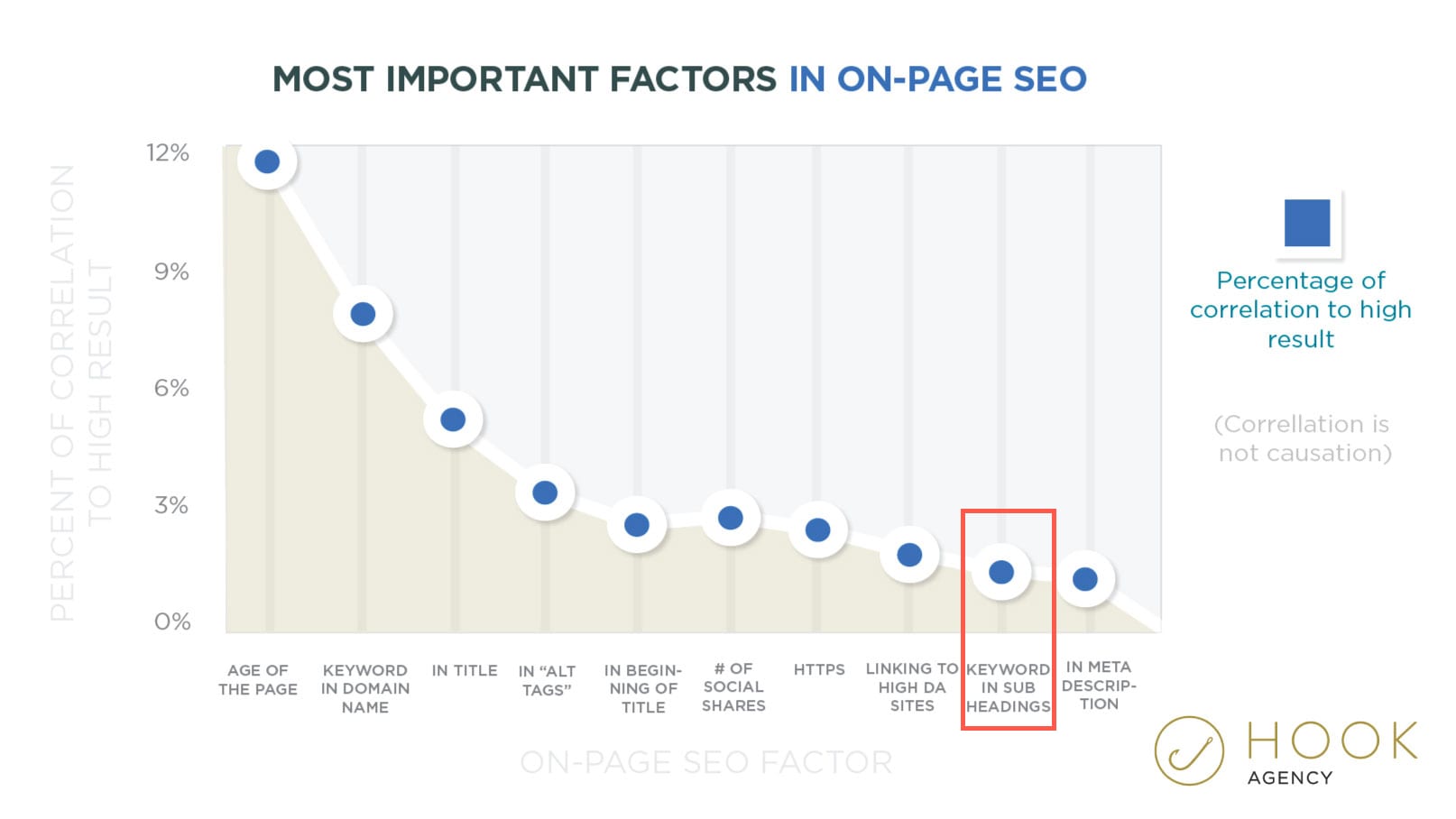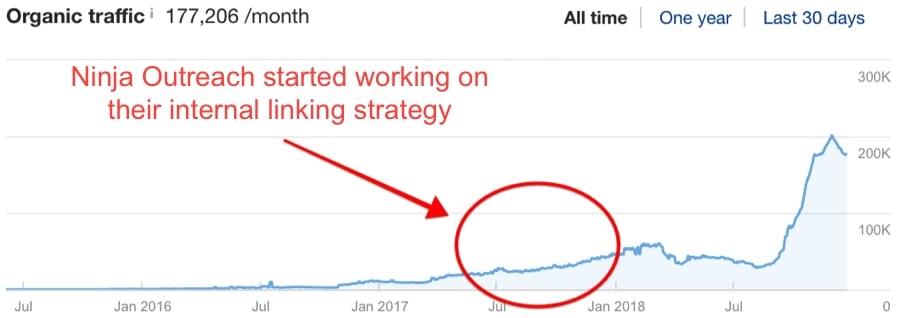Keyword Targeting
There are multiple on-page items that are technical and important for ranking a page for a specific keyword. In general, if you want to target a keyword, you’ll want to include your target keyword in the:
- Page Title
- Meta Description
- URL
- H1
- Subheadings
- Internal Link Anchor Text
Let’s discuss these areas in more detail.
Meta Tags
Meta tags provide more information about an HTML document. Meta tags are not visible by users but search engines can see this code and utilize it. Page titles and meta descriptions are popular meta tags.
Page Title
The page title is one of the most keyword sensitive areas of a web page and is the #1 most important on-page element to optimize for rankings.

How To Optimize Page Titles for Local SEO
If you want to rank locally, then it’s critical to add the city name along with your target keyword into each of your page titles, especially on your core site pages. Here are some examples of how to structure your page titles on your home page and service pages.
Page Title Examples
| URL Example | Page Title Formula | Page Title Example |
| domain.com | [Business Name] | [Type of Company] [City, State] | Kool Daddy | HVAC Company Tampa, FL |
| domain.com/hvac-services/ | [General Service] in [City, State] | [Business Name] | HVAC Services in Tampa, FL | Kool Daddy |
| domain.com/hvac-services/ac-repair/ | [Specific Service] in [City, State] | [Business Name] | Air Conditioner Repair in Tampa, FL | Kool Daddy |
| domain.com/hvac-services/heater-repair/ | [Specific Service] in [City, State] | [Business Name] | Heater Repair in Tampa, FL | Kool Daddy |
| domain.com/hvac-services/air-purification/ | [Specific Service] in [City, State] | [Business Name] | Air Purification Systems in Tampa, FL | Kool Daddy |
<head> <title>Kool Daddy | HVAC Company Tampa, FL</title> </head>
By doing this, if a potential customer is searching for your service while located in your city or if they add the city name to their search query, you now have a chance of showing up in the search results.
PRO TIP: Out of the box, WordPress does not allow you to easily edit page titles. You will need to use a plugin like Yoast SEO.
What About Page Title Length?
Right now it’s recommended that you keep page titles under 60 characters. But what if you have words that are cut off at the end of a page title? Do the words at the end of the page title help the page to rank even though you can’t see the keywords in the SERPs?
Joel Headley performed a very intriguing page title test in which he added random letters (a made-up word) to the very end of some page titles. On average, these page titles were 196 characters long, way over the recommended length!
So what were the results when he searched for the random letters on Google? Did it trigger those pages in the search results? Yes, it did!
So what’s the lesson here? As Joel said, “Don’t be afraid of the ellipsis…”

If you have important keywords you need to include in your page titles, don’t be afraid to add them even if your page title will be a little longer than the recommended length. These keywords can still help the page to rank even if you can’t see them in the page title on Google.
Meta Description
The meta description is not keyword sensitive but can entice users to click on your search result instead of other results.

How To Optimize Meta Descriptions for Local SEO
Even though including your service and city name in the meta description won’t help you rank for that keyword phrase, it will let users instantly know what you offer and where you offer it. This will increase the likelihood that they will click on your result.
Meta Description Example
<head> <meta name="description" content="Kool Daddy has been providing top-rated HVAC services across Tampa for over 20 years. Contact us today for a quote!"> </head>
URL
As we are going to discuss in-depth in another section called “URL Structure”, adding your target keyword to your URL may have ranking benefits and users will know exactly what the page is about.

HTML Code
Here are some HTML elements that you’ll want to include your target keywords in as well.
H1s
The main heading (also known as the h1) is another important place to insert your target keywords.
“Google looks at a lot of different things we look at over 200 things PageRank is just one of them whenever we rank things other things we use things in the title things in the URL even you know things that are like really highlighted like h1 tags and stuff like that.”
Matt Cutts, Formerly at Google
How To Optimize H1s for Local SEO
This is another area where you should add your target keyword phrase along with the city you are targeting. Google may pay a little more attention to “highlighted” areas of the page such as the main heading.
H1 Example
<body> <h1>HVAC Services in Tampa, FL</h1> </body>
Subheadings
A study by Hook Agency eluded to the fact that keywords in subheadings are also an important ranking factor.

“We do use H tags to understand the structure of the text on a page better”
John Mueller, Google
How To Optimize Subheadings (h2s, h3s, etc.) for Local SEO
This is where you’ll want to include some variations of your keywords in your subheadings and maybe even the city / county name you are targeting if it’s appropriate.
Subheading Examples
<body> <h1>HVAC Services in Tampa, FL</h1> <p>Lorem ipsum dolor sit amet, consectetur adipiscing elit, sed do eiusmod tempor incididunt ut labore et dolore magna aliqua.</p> <h2>We Provide the Best AC Services in Hillsborough County</h2> <p>Lorem ipsum dolor sit amet, consectetur adipiscing elit, sed do eiusmod tempor incididunt ut labore et dolore magna aliqua.</p> <h3>Heating, Ventilation and Air Conditioning</h3> <p>Lorem ipsum dolor sit amet, consectetur adipiscing elit, sed do eiusmod tempor incididunt ut labore et dolore magna aliqua.</p> </body>
Internal Links
It’s no secret that adding internal links to your site that include your target keywords are very powerful for rankings.
In a case study done by Ninja Outreach, they show how they used internal links to help increase their organic traffic by 40%.

Traffic growth for ninjaoutreach.com during the period in which they actively worked on their internal links via Ahrefs Site Explorer.
How To Optimize Internal Links for Local SEO
For each page you want to rank, you’ll want to add a number of internal links pointing to it from other pages on your site. When you link to the target page, use keywords and phrases that you would like the target page to rank for. If you want to rank locally, again you will want to include the city name you are targeting in some of the anchor text of these internal links.
Internal Link Examples
- /page-one/ – On this page, link to /target-page/ and in the anchor text use the target keyword and city name or a variation of it.
- /page-two/ – On this page, link to /target-page/ and in the anchor text use the target keyword and city name or a variation of it.
- /page-three/- On this page, link to /target-page/ and in the anchor text use the target keyword or a variation of it.
Here’s how that would look if you wanted /hvac-services/ to rank for the keyword “HVAC Services Tampa”:
- /hvac-services/ac-repair/ – On this page, link to /hvac-services/ and in the anchor text use “Tampa HVAC Services”
- /hvac-services/heater-repair/- On this page, link to /hvac-services/ and in the anchor text use “HVAC Service in Tampa”
- /hvac-services/air-purification/- On this page, link to /hvac-services/ and in the anchor text use “Heating & Air Conditioning Service”
Just make sure that when you add these internal links to your site that they make sense to users and that they look natural. No need to overdo it.
